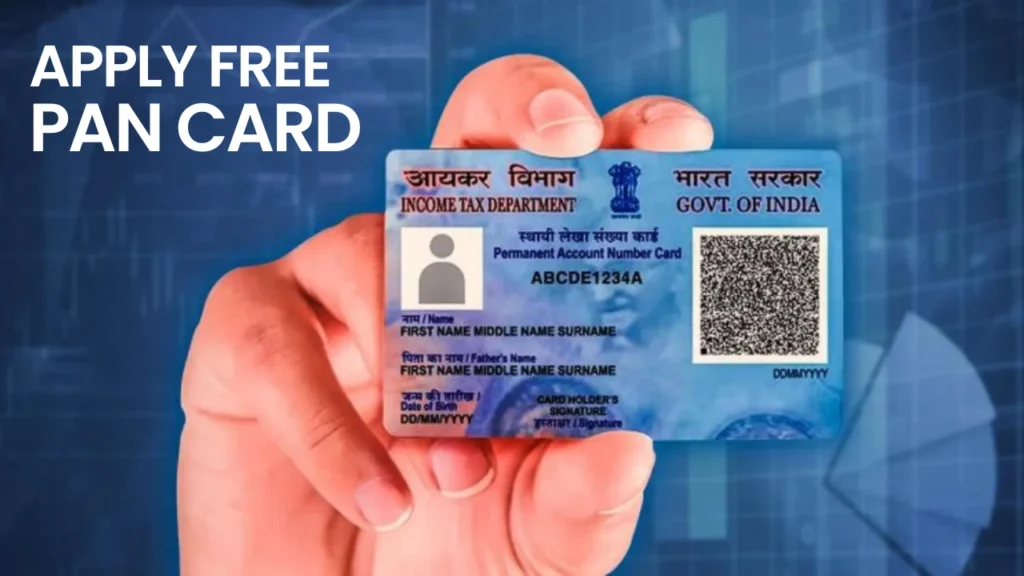Relocating to Dubai is an exciting adventure, offering a mix of modernity, culture, and opportunity. Whether you are moving for work, family reasons, or simply to experience life. In one of the most dynamic cities in the world, the process of shifting can be complex. This guide will provide you with the essential steps to make your move to Dubai or clear the answer of How to shift to Dubai? as smooth as possible.
1. Understand the Visa Requirements
The first and most important step in relocating to Dubai is obtaining the appropriate visa. Dubai is part of the United Arab Emirates (UAE), and each emirate has its specific rules regarding visas and residency.
- Employment Visa: If you are moving to Dubai for work, your employer will typically sponsor your work visa. This process involves submitting necessary documents like your passport, educational qualifications, and medical records. The employer will also handle most of the paperwork, but you will need to undergo a medical exam and provide proof of a clean criminal record.
- Investor Visa: Entrepreneurs or individuals looking to start their businesses in Dubai can apply for an investor visa. This type of visa allows you to legally operate a business and live in the UAE.
- Family Visa: If you are moving with your family, your spouse or parent (who holds a valid employment or investor visa) can sponsor your family visa. The process is straightforward but requires you to prove a stable income to support your dependents.
- Tourist Visa: For those who want to visit Dubai first before deciding to relocate, you can apply for a tourist visa. However, you will not be able to work on a tourist visa. It is also worth noting that tourist visas are usually short term and need to be renewed or converted if you intend to stay longer.
Make sure to review the most current visa regulations, as requirements may change over time. Additionally, it’s advisable to work with an immigration consultant or the UAE embassy to ensure you follow the correct procedures.
2. Secure Housing
Dubai offers a variety of housing options, from high rise apartments to villas, depending on your budget and lifestyle. The housing market in Dubai is competitive, and prices can vary greatly depending on the location, size, and type of accommodation.
- Rental Market: Most expats choose to rent an apartment or house in Dubai. Popular residential areas include Dubai Marina, Downtown Dubai, and Jumeirah. Rent can be expensive in prime locations, but more affordable options can be found in areas like International City, Deira, and Al Qusais.
- Real Estate Agents: It is advisable to work with a reputable real estate agent to help you find a suitable place to live. Agents can help you navigate the market, understand the rental contracts, and negotiate terms.
- Rental Contract: Rent in Dubai is usually paid annually, and the contract is typically signed for one year, with a few exceptions for short term leases. Ensure you understand the terms of your rental agreement, including any maintenance charges and the procedure for renewing the lease.
- Utilities: Some rental contracts include utilities like water and electricity, while others may not. It is important to clarify this with your landlord before signing the lease. You will also need to set up accounts for utility services, such as DEWA (Dubai Electricity and Water Authority) for water and electricity.
3. Prepare for the Cost of Living
Dubai is known for its high cost of living, and it is important to budget carefully before you arrive. The city offers a luxurious lifestyle, but expenses can add up quickly, especially regarding accommodation, dining, and transportation.
- Accommodation: Rent is typically the largest expense for expats in Dubai. As mentioned earlier, rent prices vary depending on the location and size of the property.
- Transportation: Public transportation in Dubai includes buses, metro lines, and water taxis. The Dubai Metro is an efficient and affordable mode of transport, but taxis and private cars are also common. You can purchase an NOL card, which can be used for all public transport systems. If you plan on driving, you will need to get a UAE driver license.
- Groceries and Dining: Supermarkets in Dubai offer a wide variety of international and local products. While some imported goods can be pricey, local food items tend to be more affordable. Dining out can be expensive, especially in upscale restaurants, but there are also plenty of budget friendly eateries throughout the city.
- Healthcare: Health insurance is mandatory for all residents of Dubai, and many employers provide it. If health insurance is not provided by your employer, you will need to purchase it yourself. Medical services in Dubai are of high quality, but they can be costly, so it is important to have adequate coverage.
- Education: If you are moving with children, you will need to research schools in Dubai. The city has many international schools offering curricula from countries such as the UK, the US, and India. However, tuition fees can be expensive, so it is important to plan for this significant cost.
4. Open a Bank Account
Opening a bank account in Dubai is an essential step in settling down. Most banks in Dubai require you to provide proof of residency, a valid passport, and a UAE visa. Some banks may also ask for an employment contract.
- Choosing a Bank: There are several local and international banks in Dubai, including Emirates NBD, Dubai Islamic Bank, and HSBC. It is important to compare the different account types, fees, and services to choose the bank that best suits your needs.
- Types of Accounts: You can open a personal savings account, checking account, or even a business account, depending on your situation. Some banks also offer Islamic banking options.
- Online Banking: Dubai has an advanced online banking system, and most transactions can be done through phone apps or websites. It is convenient to set up online banking to manage your finances.
5. Learn About the Local Culture and Customs
Before relocating, it is important to understand the local culture and customs of Dubai. The UAE is a Muslim country, and its culture is influenced by Islamic traditions.
- Language: While Arabic is the official language, English is widely spoken, especially in business and daily life. However, learning some basic Arabic phrases can help you integrate better into the community.
- Dress Code: Dubai is relatively liberal compared to other cities in the region, but modest dress is still expected, especially in public places. Women are advised to cover their shoulders, cleavage, and knees when in public spaces.
- Social Etiquette: Dubai is a cosmopolitan city, but it is important to respect local traditions and laws. Public displays of affection are inappropriate, and swearing or rude gestures can lead to fines or imprisonment. Additionally, consuming alcohol is restricted to licensed venues, and drinking in public places is prohibited.
- Friday as a Holy Day: Friday is considered the holy day for Muslims, and many businesses close for part of the day. It’s common for people to attend prayers at mosques during the afternoon.
6. Settle Into Daily Life
Once you have completed the necessary paperwork and moved into your new house, it is time to settle into daily life.
- Grocery Shopping: Dubai has a wide variety of supermarkets and shopping malls. Carrefour, Lulu, and Spinneys are popular supermarket chains, and you will find everything you need from fresh produce to international food items.
- Leisure and Recreation: Dubai offers plenty of leisure and recreational activities. Including world class shopping malls, beaches, desert safaris, and cultural sites. Explore the city attractions and enjoy your time exploring.
- Community Support: Dubai is house to many expat communities, and several social groups and organizations can help you feel more at house. Joining local clubs, attending events, or connecting with fellow expats online can help ease the transition.
Conclusion
Shifting to Dubai is an exciting and rewarding experience, but it requires careful planning and understanding of the city’s requirements and culture. From securing the right visa to finding accommodation and adjusting to the local way of life. The process of relocating can be complex. However, with thorough preparation, you will be able to enjoy all that Dubai has to offer and make your move a success.





















